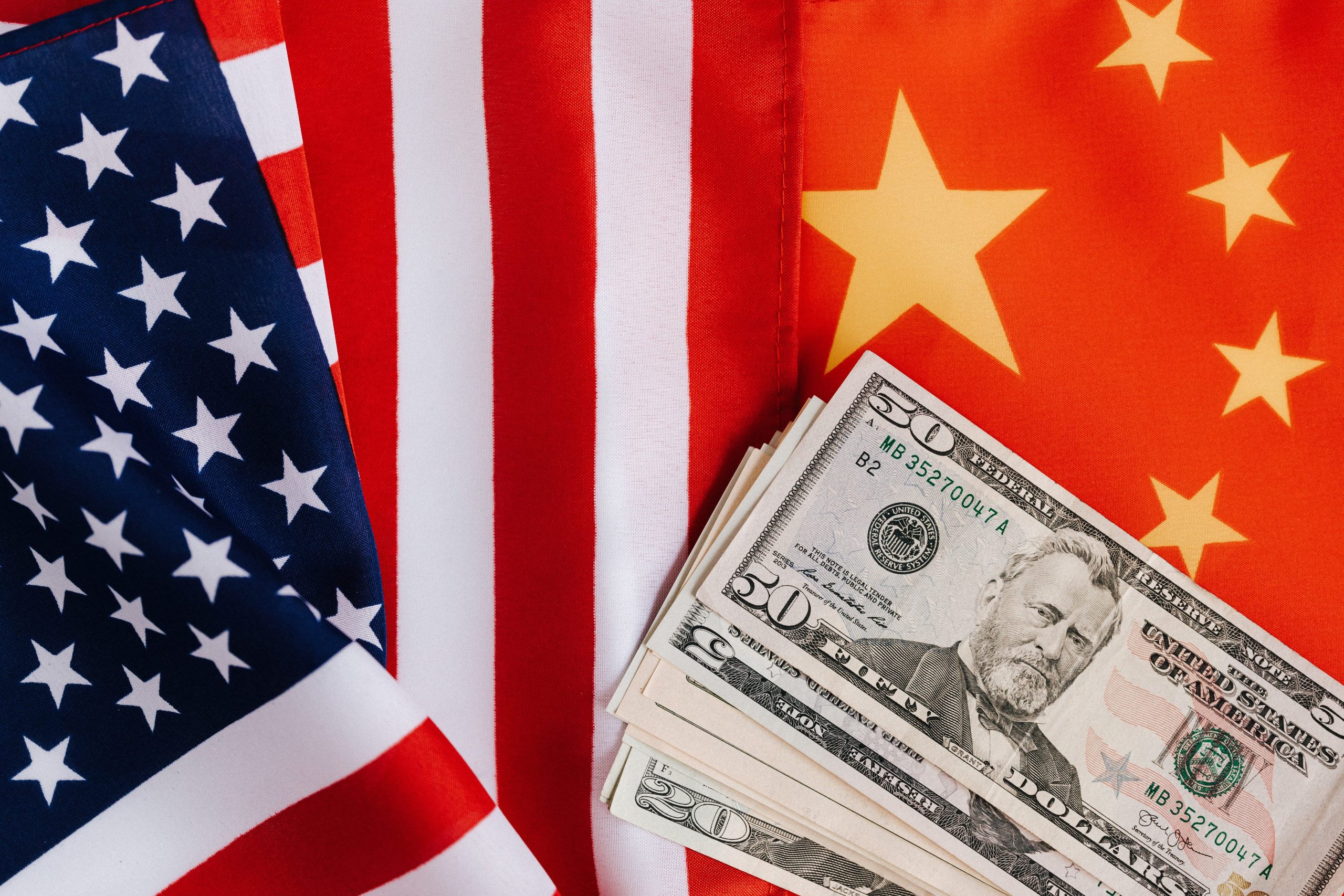US Tensions and Anti-Spying Laws Propel Western Firms to Exit China, Leading to Its First Foreign Investment Deficit
China recorded an unprecedented deficit in foreign direct investment in the most recent quarter, indicating Beijing is up against fierce competition to revitalize the second-largest economy in the world.
The amount of direct investment liabilities, which monitor the flow of funds into non-Chinese companies, decreased by $11.8 billion over the three months ending September 30 according to balance-of-payments data released by the State Administration of Foreign Exchange
The current quarter’s deficits is the first when China’s foreign exchange regulator began collecting data in 1998, and it could be attributed to the impact of Western nations “de-risking” their investments in China in the face of intensifying geopolitical tensions.
As a result, China experienced its second-ever quarterly deficit of $3.2 billion in the core balance, which consists of current accounts as well as direct investment balances, which are less volatile than portfolio investments.
Direct Foreign Investment Drop

President Joe Biden signed an executive order in August restricting US investment in Chinese semiconductor and artificial intelligence companies. The crackdown was identified by analysts as one of the reasons behind the drop in foreign direct investment.
Another factor alienating potential foreign investors is the ongoing crackdown on non-Chinese businesses.
This year, Beijing banned Micron chips, dispatched state police to the Shanghai offices of US consulting firm Bain & Co., and enacted new anti-spying legislation.
The administration has also imposed strict capital controls, making it more difficult for foreigners to withdraw funds from the country.
Mark Mobius, an emerging markets expert, warned in March that he would be “very, very careful investing in China” due to the restrictions.
This year’s GDP growth has stopped, and policymakers are also grappling with the prospect of deflation and rising rates of youth unemployment.
China’s real estate market has been experiencing a rapid upswing of crises in recent times.
Notably, troubled developer Evergrande declared bankruptcy in August, and another major player in the market, Country Garden, missed a bond payment last month.


Comments are closed.